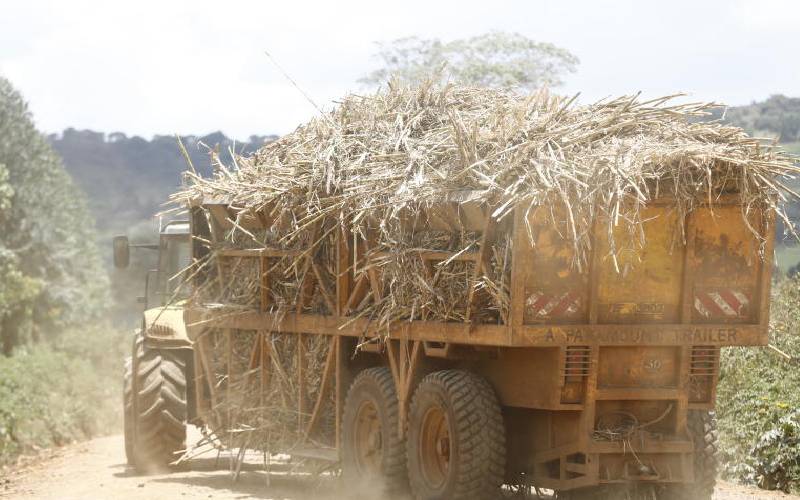×
The Standard e-Paper
Smart Minds Choose Us

The committee was set up following a directive by President Uhuru Kenyatta to bail out the struggling public millers. [Photo, Standard]
A team to revive the sugar industry wants millers locked out from sugar importation and cane poaching banned as part of its radical proposals to revamp the ailing sector.